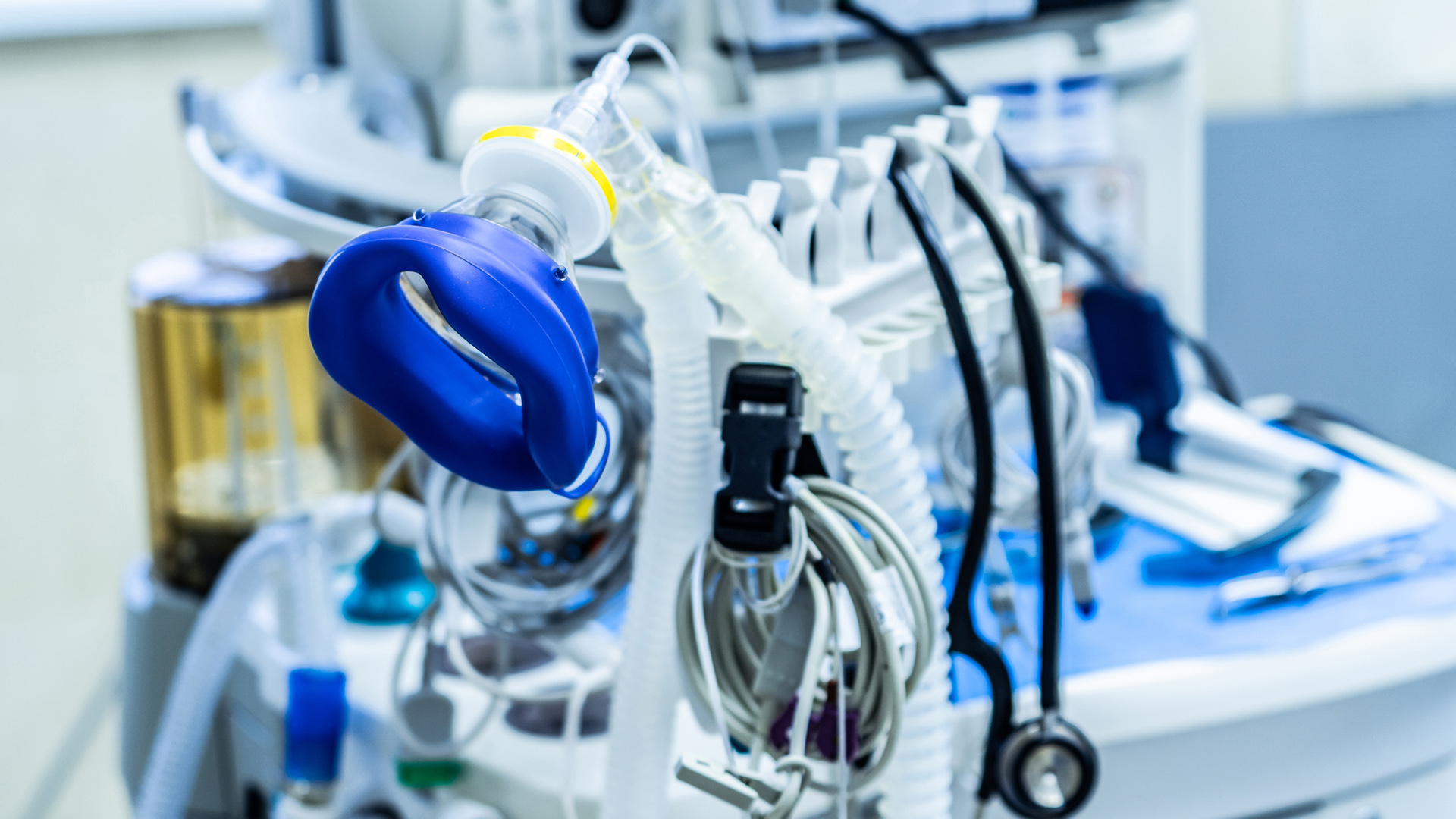Guest Contribution by Kurt Knaus, Pennsylvania Energy Infrastructure Alliance
American energy and the life-sustaining products it creates have never been more critical than they have over the last two months as our country has worked to confront the global healthcare crisis caused by the novel coronavirus.
Throughout this pandemic, we have celebrated the stories of food bank volunteers who have kept families fed, teachers who found a way to ensure students kept in from of their schoolwork and hospital workers – doctors and nurses alike – who have risked their own lives to save others. Despite their industries, these professionals did so while facing a shortage of personal protective equipment (PPE) and other essential gear that is needed in our hospitals. These brave men and women, among so many others, rightfully deserve our praise.
But one sector of the American economy that is often criticized – and even vilified by some – is also playing a major role. From life-saving ventilators, protective masks, and medicines to reliable heat and power for health-care facilities, our domestic oil and natural gas operators are providing the foundational elements necessary to fight COVID-19.
Employees at Braskem America shut themselves inside their plant for 28 days to address supply shortages to manufacture the products needed for PPE. ExxonMobil reconfigured manufacturing operations in Louisiana to produce medical-grade hand sanitizer for donation to COVID-19 response efforts in Louisiana, New Jersey, New Mexico, New York, Pennsylvania and Texas. Energy Transfer donated military-grade medical glasses to local first responders to help them limit direct contact with patients.
All of these actions have one thing in common. All of them rely on pipelines to deliver energy resources like propane to petrochemical facilities, which then processes them into polymers through a method referred to as “cracking.” Those polymers form the base of the vital tools we need to confront this crisis.
And they’re foundational for these items.
Did you know the N95 mask alone relies on three petrochemicals for production? And single-use plastics like IV bags, syringes, blood bags, aprons, gowns, oxygen tubes, and more all help medical professionals control the spread of infection. To ensure the manufacture of these products, all of them are manufactured from feedstock harnessed from American energy and delivered safely by America’s vast pipeline network. The same applies to so many other pieces of medical equipment in our hospitals and long-term care facilities.
We know this is not the first pandemic and it will not be the last, which is why we need to be prepared.
This pandemic has taught us a lot about ourselves and the world around us. What many have realized but might not have connected the dots on is that pipelines deliver the by-products needed to manufacture all sorts of medical supplies and PPE.
In other words, America’s energy resources aren’t simply critical to our economy overall; they touch every aspect of our modern life and are central today – and in our future – to our fight against COVID-19 and other viruses that will surely arise.
